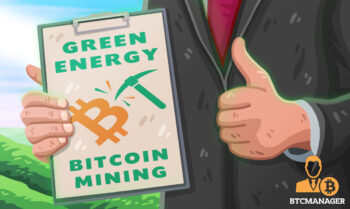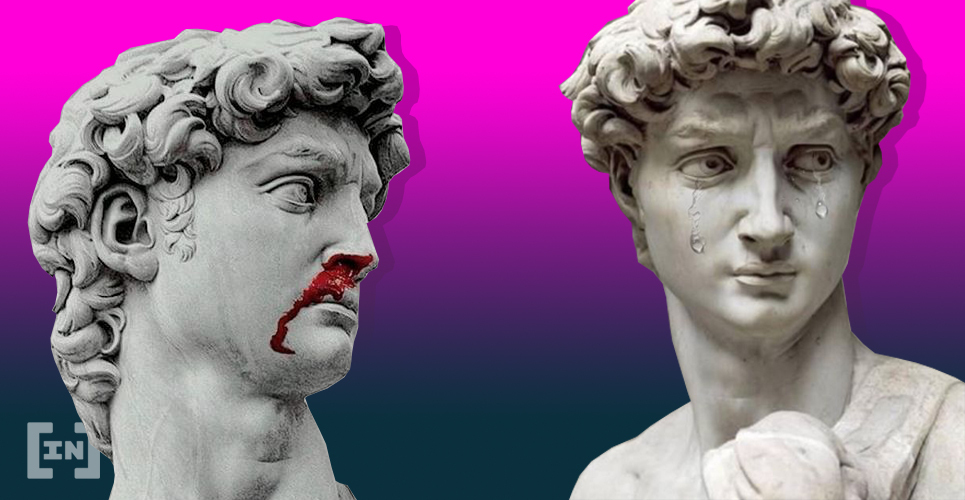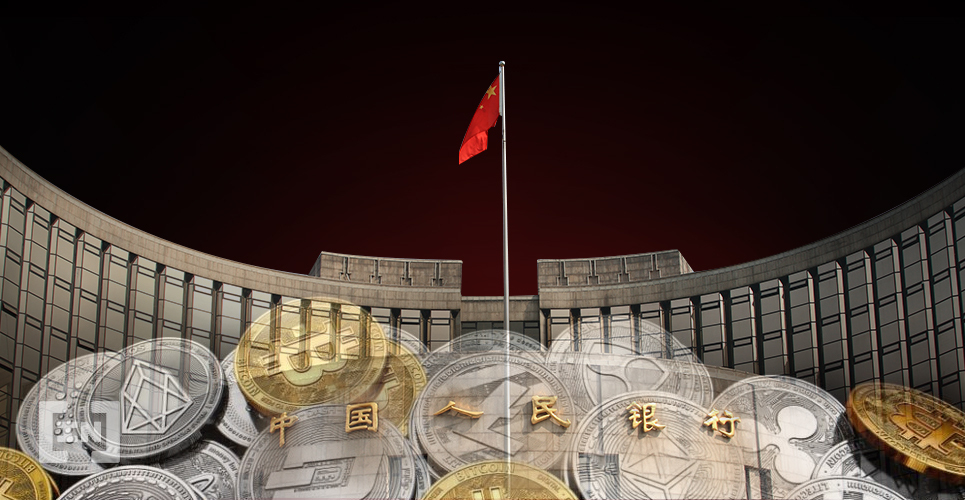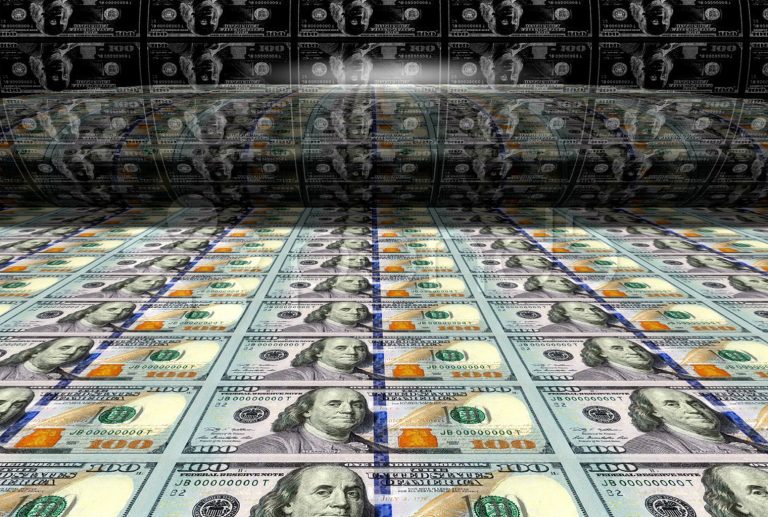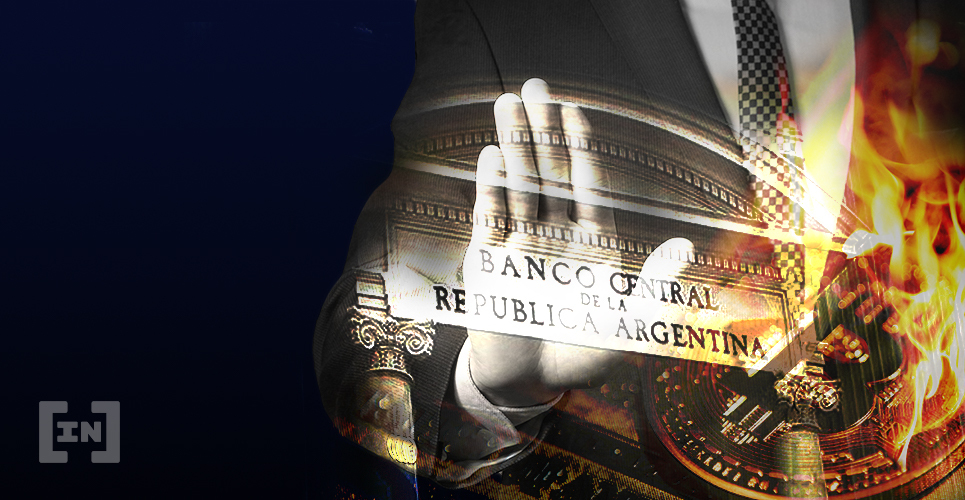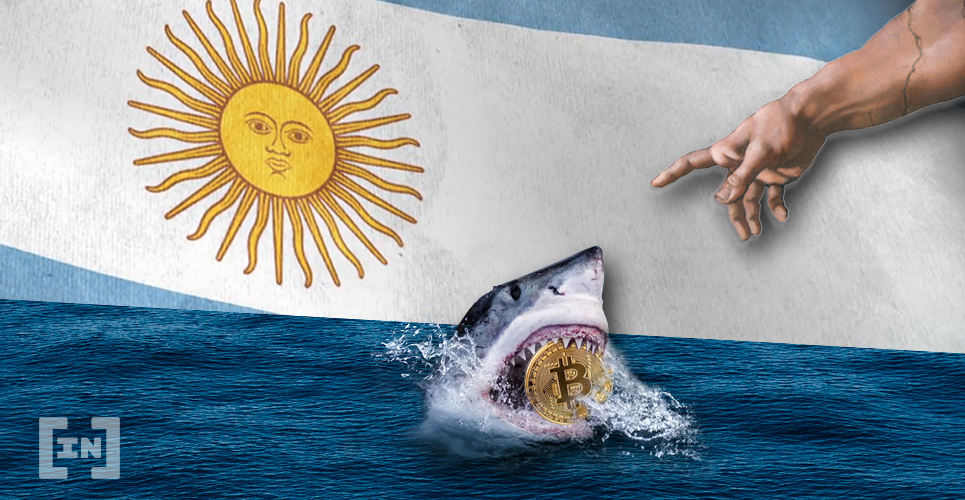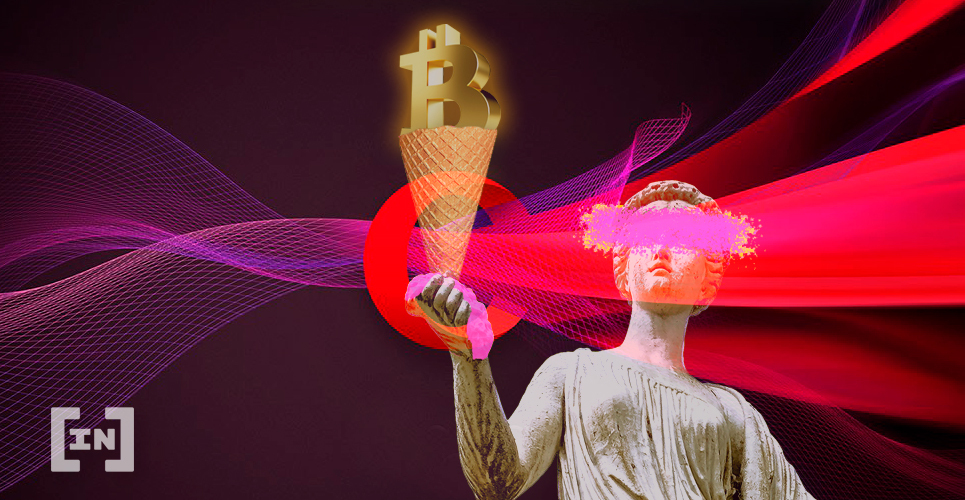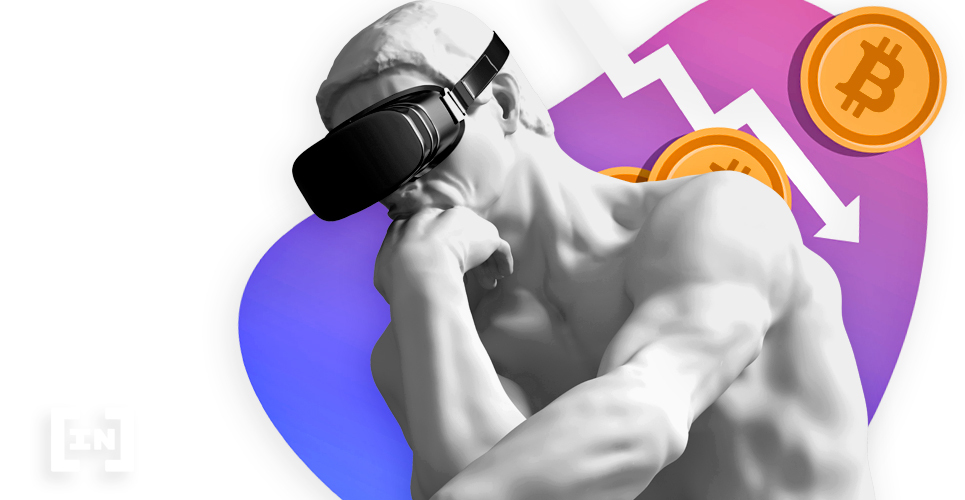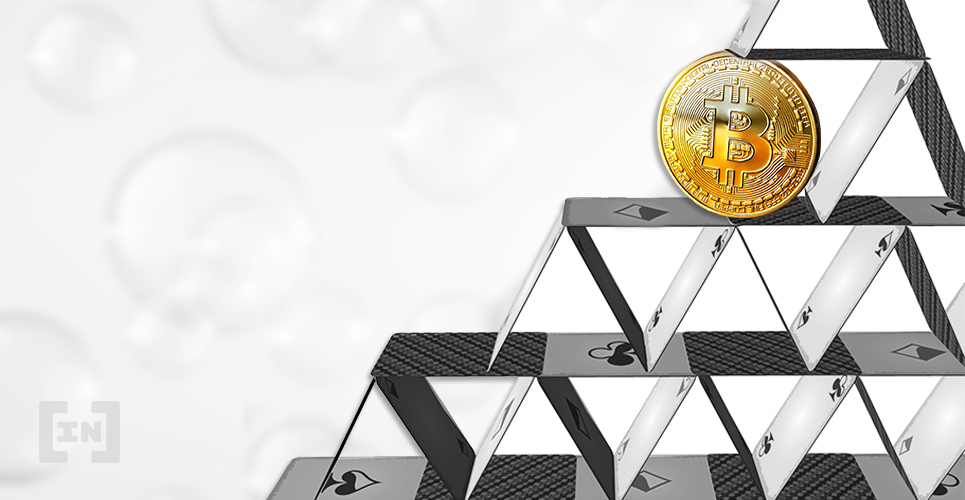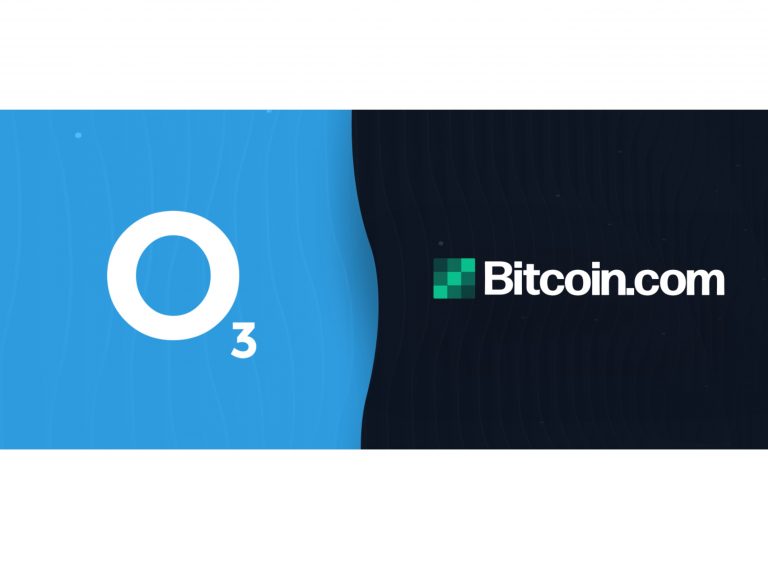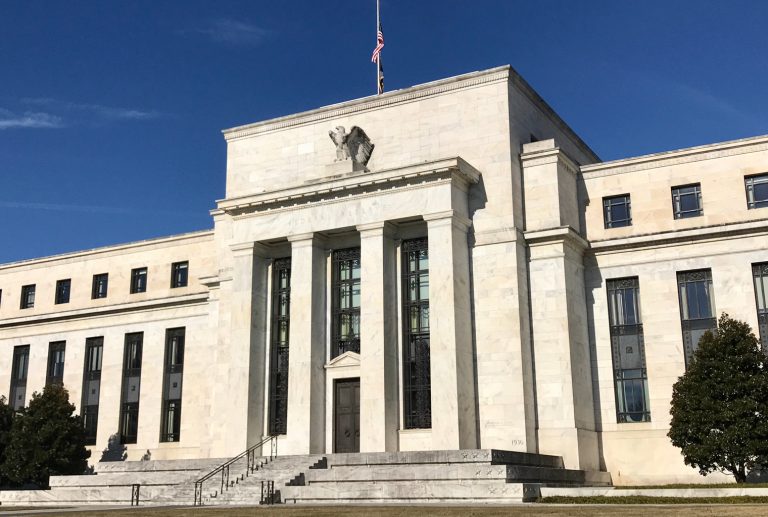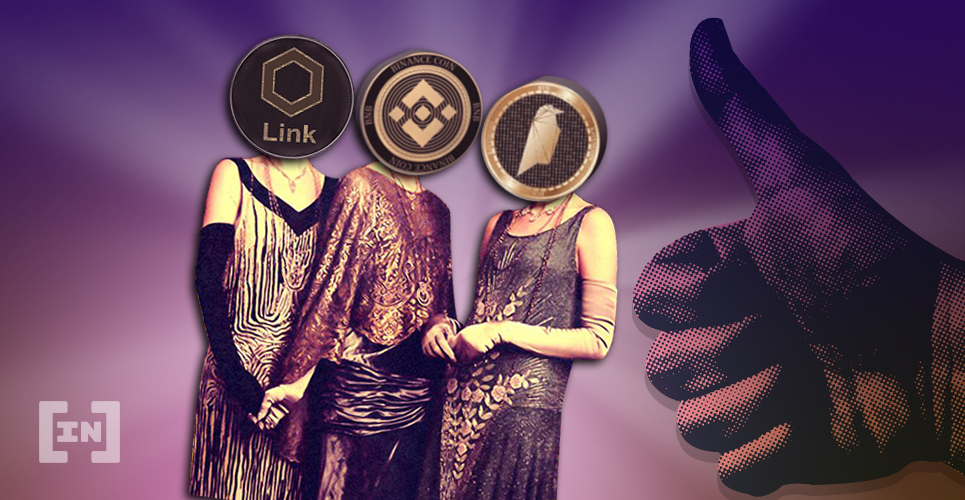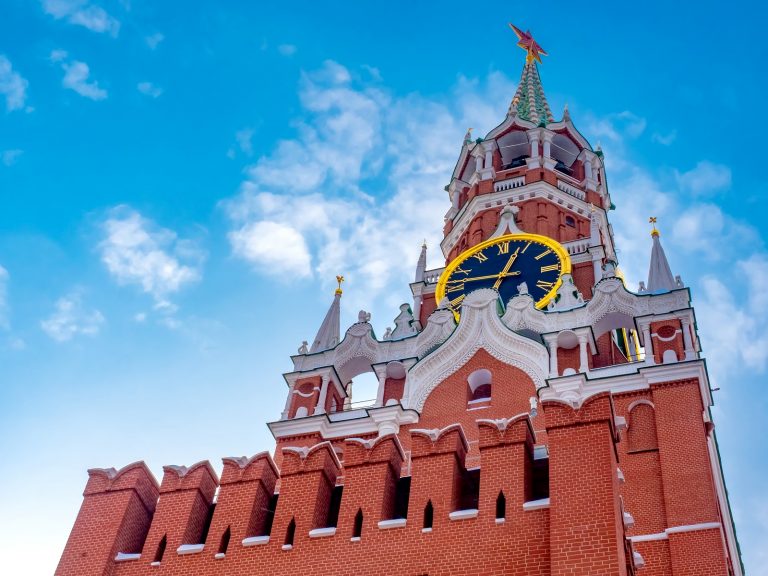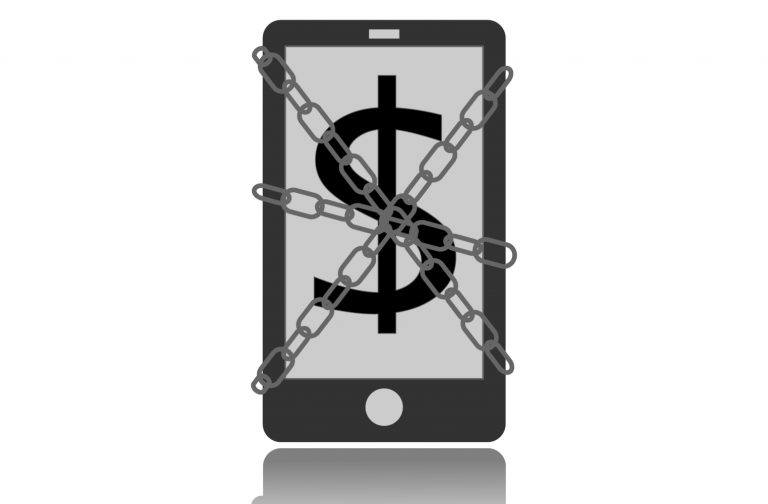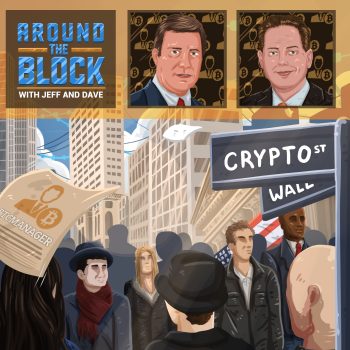2020-11-25 19:37 |
Makers of 3D-printed guns operate by the motto, “Free men don’t ask permission.” They don’t ask the State for permission to bear arms. They don’t rely on gun manufacturers to make a gun that they’d like to see developed. In doing so, 3D gun printing functions parallel to, and outside of the legacy model of regulated manufacturers producing compliant and serialized guns that can only be bought through third-party licensed firearms dealers after passing a State background check.
A “Bitcoin circular economy” runs on the same principle. Free men don’t ask permission to transact with each other and don’t rely on the legacy third-party financial institutions that operate in tandem with State authorities.
In this article, I will define the Bitcoin circular economy, provide examples, describe its benefits and give advice on how to get started.
Defining The Bitcoin Circular EconomyA Bitcoin circular economy (BCE) is Bitcoin.
The title of the Bitcoin white paper is “A Peer-to-Peer Electronic Cash System.” The “system” is an economy consisting of peers in a network, trading with each other using bitcoin. You’re acquiring bitcoin by earning it or receiving it through donations.
“Circular” is a bit redundant. But it helps to describe Bitcoin economies where the participants trade frequently with each other, rather than describing the entirety of all Bitcoin transactions in the P2P network.
A common misunderstanding is the scale of this economy. A Bitcoin economy isn’t the size of a nation-state, replacing central bank-based economies. The minimum size of a Bitcoin economy is three participants. Three participants are a network, a system. A BCE is parallel to the fiat financial system.
One misunderstanding about Bitcoin economies is that they’re all or nothing.
“Commerce on the Internet has come to rely almost exclusively on financial institutions serving as trusted third parties to process electronic payments. While the system works well enough for most transactions, it still suffers from the inherent weaknesses of the trust-based model.”
Satoshi Nakamoto, The Bitcoin White Paper.The individuals and companies operating in a Bitcoin economy can also, and often should, use fiat. One can think of Bitcoin economies like the Tor network of money — separate, more private and much harder to censor. The clearnet works well enough for most people and internet applications. However, for certain people and applications, Tor is needed. Of course, if the internet was Tor, and Tor had less latency, it would be better for everyone except the State. Similarly, if Bitcoin was the dominant financial system, and suffered from less volatility, it would be better for everyone except the State.
A second misunderstanding about the Bitcoin economy is that it’s mutually exclusive from HODLing. You can earn bitcoin and HODL it. You can take spend from your HODL and replace it. Don’t get caught in binary thinking.
Example Of The Bitcoin Circular EconomyThe hub of 3D gun printing is a collective called Deterrence Dispensed that has over 18,100 members. Let’s trace how bitcoin circulates in this community.
Soon after a 3D-printed Glock design came out, Deterrence Dispensed member “Spooky Rails” started making and selling aluminum rails that increased the Glock’s durability. He only accepted bitcoin because Spooky Rails didn’t want to know or have a record of the real identity of his customers. And he wanted to protect his own identity. From the bitcoin he earned, Spooky Rails likely contributed to one of the five Deterrence Dispensed Bitcoin bounties to develop new designs.
In September, my company Guns N’ Bitcoin held a conference called Bear Arms N’ Bitcoin where we held a silent auction. The proceeds were donated to Deterrence Dispensed in bitcoin. Perhaps the winner of the 3D gun bounty bought one of the auction items.
Benefits Of The Bitcoin Circular EconomyBitcoin is the separation of money and identity.
Nation state money is the marriage of money and identity. Your credit cards, checking account and PayPal account start with your identity; your name, home address, social security number, email, phone number and more. This has three tyrannical consequences for economies.
First, the State and third parties can censor commerce before it occurs. If you try to open an account with Visa with the identity of Gab Founder Andrew Torba, or his wife, you will be denied access to their services. Torba and his wife can’t use these services to participate in the social media economy.
Second, the State and third parties can censor future commerce. With third parties, you are your transactions. Third-party services record every transaction you perform. They monitor your commerce and if you buy or sell something they disagree with, they mark your identity as non grata. They prohibit you from future commerce. By doing this to thousands of companies and millions of people the State and third parties have censored entire economies before they can even form.
In contrast, a Bitcoin economy isn’t tied to identity. Perhaps this is Bitcoin’s most underappreciated application, and why bitcoin has become the preferred money for 3D gun printing commerce. A Bitcoin economy is a censorship-free economy.
Another benefit of participating in a Bitcoin economy is acquiring bitcoin without using third-party, KYC/AML-compliant services. These services are the problem that Bitcoin was meant to solve. As Nick Szabo said, “Trusted third parties are security holes.” Third-party, KYC/AML-compliant services are largely how the State is able to surveil, censor and collect tax revenue from users of Bitcoin. Bitcoin you earn or receive as a donation is bitcoin you didn’t have to buy on a third-party exchange. The more people who acquire bitcoin through commerce or donations, the less necessary the KYC/AML services become, making Bitcoin less fragile and more robust.
When you participate in a Bitcoin economy, you build relationships with individuals who value peer-to-peer Bitcoin. You can trade bitcoin with them, rather than buying and selling on third-party, KYC/AML-compliant exchanges.
Getting StartedYou can participate in a bitcoin economy today! The easiest way for most people to do so is to use bitcoin as the method of payment with those who do their best to use their earned bitcoin as a method of payment. You certainly don’t need to always use bitcoin with them. You may or may not use bitcoin with companies that accept bitcoin but who immediately convert it to fiat. But do spend some bitcoin sometimes.
You can also earn bitcoin! Start a side gig. Ask for donations through either BTCPay Server or a Samurai PayNym. Sell items on Craigslist for bitcoin, or ask to be paid in bitcoin at your current job.
Engage in peer-to-peer trade. Ask a friend to buy or sell you bitcoin. Try doing so $20. Do it as a fun exercise and experiment.
In SummaryA Bitcoin circular economy is one where commerce flourishes free of surveillance, censorship and reliance on third parties. Anyone can participate by earning, spending, donating and buying bitcoin from those who do the same. A Bitcoin economy runs apart from and parallel to the central bank fiat economy.
Bitcoin commerce is Bitcoin exemplified.
The post It’s Time To Join The Bitcoin Circular Economy appeared first on Bitcoin Magazine.
origin »Bitcoin price in Telegram @btc_price_every_hour
Bitcoin (BTC) íà Currencies.ru
|
|


